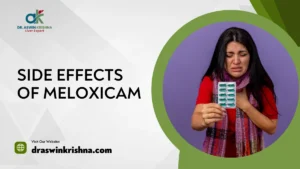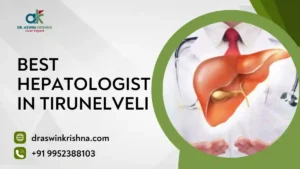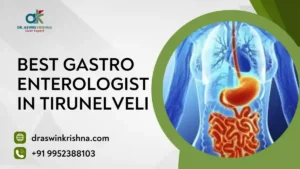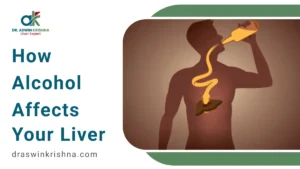Your liver is one of the most important organs in your body, working tirelessly to filter out toxins, process nutrients, and store energy. However, your diet can either support or strain this vital organ. In this blog post, we’ll discuss the foods to avoid for liver health, and why they can be damaging. By making better food choices, you can protect your liver from conditions like fatty liver disease and improve your overall well-being.
The liver is often called the body’s detox powerhouse because it filters harmful substances from your blood. However, eating the wrong foods can stress this vital organ, leading to inflammation, fat accumulation, and liver disease. Some common issues linked to poor liver health include fatty liver, cirrhosis, and non-alcoholic fatty liver disease (NAFLD). To maintain optimal liver function, it’s important to recognize the foods to avoid for liver health and make conscious dietary choices.
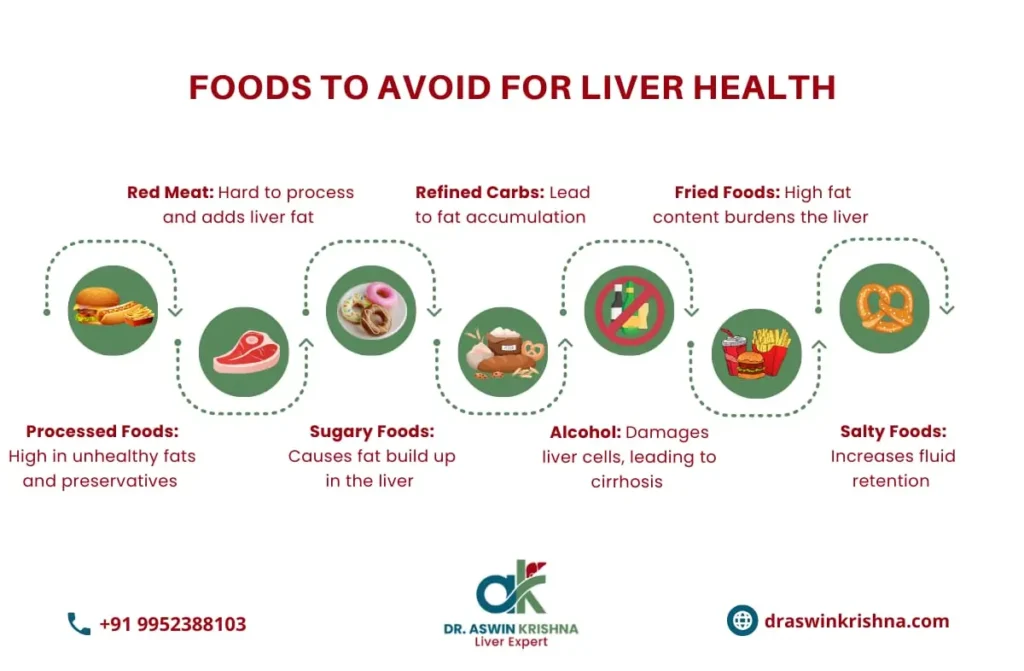
Why are Certain Foods Bad for Your Liver?
Many of the foods we eat today are highly processed, loaded with sugar, and rich in unhealthy fats. While your liver is designed to process and break down toxins, over time, a poor diet can overwhelm this organ. Consuming too many processed and fatty foods can lead to fat buildup in the liver, causing a condition known as fatty liver disease. This can progress into non-alcoholic fatty liver disease (NAFLD) and eventually lead to more serious conditions like cirrhosis or liver cancer. Therefore, it’s critical to avoid the worst foods for fatty liver and focus on a liver-friendly diet.
Certain foods can cause inflammation and make it difficult for the liver to process fats and sugars, while others promote fat accumulation in the liver. If you already have a condition like non-alcoholic fatty liver disease, it’s even more important to know the foods to avoid with non alcoholic fatty liver so you can prevent further damage.
Foods to Avoid for Liver Health
Maintaining liver health is crucial for overall well-being. To prevent liver damage and manage conditions like fatty liver disease, certain foods should be limited or avoided:
- Alcohol – A major cause of liver damage.
- Sugary Foods – Excess sugar leads to fat accumulation in the liver.
- Fried & Processed Foods – High in unhealthy fats, increasing inflammation.
- Refined Carbs – White bread, pasta, and rice spike blood sugar.
- Red & Processed Meats – High in saturated fats, burdening the liver.
Avoiding these foods to avoid for liver health supports optimal liver function.
What Foods Are Bad for Your Liver?
Some foods create unnecessary stress on the liver, leading to fat buildup, inflammation, and even liver cell damage. Below are eight major types of foods bad for liver health that should be consumed minimally, or better yet, avoided altogether.
Fast Food
Fast food items like fried chicken, cheeseburgers, and pizza are typically rich in saturated fats, excess salt, and added sugars.
- These heavily processed meals can contribute to liver fat accumulation, making them prime fatty foods to avoid for liver health.
- Regular consumption increases the risk of obesity and insulin resistance, two major contributors to fatty liver disease.
- The lack of nutrients in fast food leaves the liver overworked, as it struggles to process the unhealthy load.
A diet high in fast food can significantly hinder liver performance over time.
Ultra-Processed Foods
Ultra-processed foods are products made with refined ingredients and chemical additives. Examples include packaged snacks, flavored chips, and frozen dinners.
- These foods lack fiber and natural nutrients, which are essential for detoxification.
- Chemical preservatives and emulsifiers used in processing may trigger low-grade inflammation in the liver.
- Overconsumption of such foods can worsen fat retention and impair liver enzyme function.
Limiting these products is a wise move if you aim to avoid bad food for liver safety.
Sweetened Foods
Cakes, pastries, and other sugary treats may satisfy your sweet tooth but strain your liver.
- Fructose, a type of sugar, is quickly processed by the liver and often stored as fat, which can contribute to the development of non-alcoholic fatty liver disease (NAFLD).
- Over time, constant sugar intake disrupts insulin signaling, making it harder for the liver to manage glucose and fat metabolism.
- Even “low-fat” desserts can contain high levels of sugar that burden your liver.
Choosing natural sugar sources in moderation can help preserve liver efficiency.
Sugary Drinks
Beverages like cola, sweetened juices, and flavored energy drinks are a hidden threat to liver health.
- These drinks often contain high-fructose corn syrup, a sugar linked to liver fat storage and inflammation.
- Since the liver processes most of the sugar consumed in liquid form, the damage can be quicker and more severe.
- Even seemingly healthy options like bottled smoothies may have excessive added sugars.
If you’re serious about avoiding foods bad for liver health, start by cutting back on sugary beverages.
Artificial Sweeteners
Found in diet sodas and sugar-free products, artificial sweeteners might seem like a better alternative, but they’re not risk-free.
- Some sweeteners can negatively affect gut microbiota, indirectly impacting liver health.
- Though low in calories, their chemical nature can add to the liver’s detoxification workload.
- Long-term use may influence insulin sensitivity, which ties back to liver function.
If you’re working to avoid bad food for liver, it’s better to use natural sweeteners like stevia or opt for unsweetened products.
Refined Grains
White bread, traditional pasta, and white rice are examples of refined grains stripped of nutrients.
- These high-glycemic foods lead to rapid blood sugar spikes, which the liver must then regulate.
- When glucose levels are high, the liver may convert the excess into fat, leading to a greater risk of fat buildup in liver tissues.
- Switching from refined to whole grains boosts fiber consumption, which supports healthier liver function.
For optimal health, avoid refined carbs and choose fiber-rich alternatives.
Red Meat and Processed Meats
Red meat like beef and lamb, along with processed meats such as sausages and cold cuts, are dense in saturated fats and preservatives.
- These fatty foods to avoid for liver are known to elevate liver enzyme levels when consumed regularly.
- Nitrates and other additives in processed meat can contribute to oxidative stress in liver tissue.
- Eating large portions frequently may increase the risk of liver fibrosis over time.
Choosing plant-based or lean animal proteins can reduce strain on your liver.
Alcohol
Alcohol is widely recognized as one of the most toxic substances for liver health.
- Even small amounts of alcohol require significant processing by the liver, interfering with its other responsibilities.
- Long-term consumption leads to conditions such as alcoholic fatty liver, hepatitis, and cirrhosis.
- Alcohol impairs the liver’s ability to regenerate, especially when consumed in excess.
Minimizing or abstaining from alcohol is vital if you’re committed to liver preservation.
Dietary Habits and Liver Health in India
In India, dietary choices are influenced by rich, traditional cuisine that includes spices, oils, and a variety of cooking methods. However, certain eating habits can pose risks to liver health if not managed carefully:
- High consumption of fried and oily foods: Many Indian snacks and meals include deep-fried items rich in trans fats. These can increase liver fat levels, leading to fatty liver disease.
- Excessive sugar intake: Sweets and desserts are a staple in Indian cuisine, but high sugar intake can lead to obesity and liver damage.
- Frequent alcohol consumption: Alcohol is a leading cause of liver issues, including liver cirrhosis. Limiting alcohol intake or avoiding it altogether is crucial.
- Low fiber intake: Diets low in fiber but high in refined grains can contribute to liver inflammation. Including more fiber-rich foods like vegetables, fruits, and whole grains helps reduce this risk.
Incorporating balanced meals with less fat, refined sugar, and processed ingredients can help protect liver health.
Can Food Help Reverse Liver Damage?
The good news is that the liver has an incredible ability to heal itself if given the chance. By avoiding the worst foods for fatty liver and adopting a liver-friendly diet, you can support liver repair and even reverse some of the damage caused by poor eating habits.
Eating foods rich in antioxidants, like leafy greens, berries, and fatty fish, can help reduce inflammation and promote liver regeneration. Incorporating healthy fats like those found in avocados, olive oil, and nuts can also improve liver function. While diet alone won’t cure severe liver conditions, it can play a significant role in reversing early-stage damage and preventing further issues.
Conclusion
Understanding the foods to avoid for liver health is essential for protecting this vital organ. By limiting fast food, processed snacks, sugary drinks, and alcohol, you can give your liver the best chance to function optimally and prevent liver disease. Remember that every small change you make in your diet can have a positive impact on your liver’s health.
If you’re serious about protecting your liver, start making healthier choices today. Your liver works hard for you—now it’s time to return the favor!
